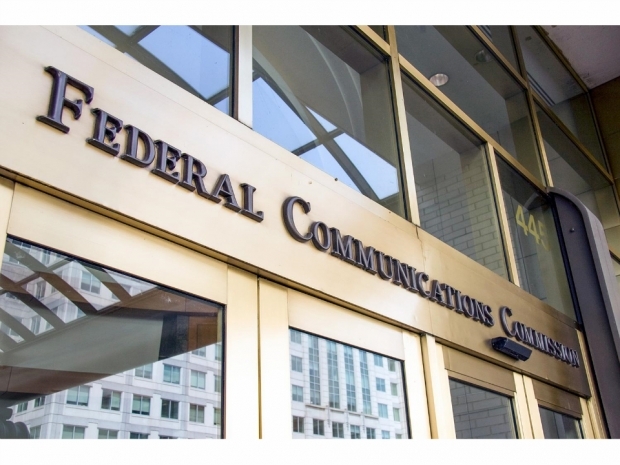Speaking to reporters during his first open meeting as commissioner on Tuesday, Pai still says he remains undecided on net neutrality and was unable to answer some questions regarding the rule. Last month, the chairman commented that he believes “[net neutrality] days are numbered]” and has referred to them a “dangerous assault on the culture of the First Amendment”. He has told the media that he wants to review the rules prior to making any determinations.
"I think the issue is pretty simple. I favor a free and open Internet and I oppose Title II,” he said during the meeting. “That's pretty much all I can say about that topic."
The agency reclassified broadband Internet service as a Title II “common carrier” service in February 2015 by a 3-2 vote, establishing an Open Internet Order that prohibits app blocking, paid traffic prioritization and data throttling. The order also prohibits Internet service providers from taking actions that “unreasonably interfere with or disadvantage consumers or the companies whose site and apps they’re trying to access.” Now, it appears that the his administration may go back to favoring business interests and giving more leverage to ISP claims of “reasonable network management” practices.”
Focus on bridging the digital divide
One of Pai’s top priorities as chairman will be the facilitation of bridging the digital divide in socioeconomic areas of poor wireless coverage or slow terrestrial buildout of IP network infrastructure. He announced the formation of a Broadband Deployment Advisory Committee that will develop specific recommendations on how the FCC can encourage broadband deployment across America. These include identifying unreasonable regulatory barriers to broadband deployment, ways to encourage local governments to adopt deployment-friendly policies and any other reforms available under the Commission’s authority.
Wants to eliminate robocalling
For now, Pai has said that consumer protection is an area he remains committed to enforcing during his tenure as chairman. One of the top complaints often brought by consumers is the prevalence of robocalls, or automated telemarketing schemes designed to issue fraudulent subscription services or obtain credit card information. He says that he intends to “find ways to make sure consumers are protected from that scourge.”
"More generally, my philosophy on enforcement is simple," Pai said. "You follow the law, you make a diligent search for the facts, and in your review of the law and the facts, take the appropriate action that is necessary to protect the public interest."
Under the Title II reclassification, consumers and competitors can file complaints against ISPs over prices and policies that pose “unjust or unreasonable discrimination.” The common carrier rule also allowed for some privacy rules, such as getting opt-in consent from consumers before sharing Web browsing data, that were previously opposed by Pai and could be overturned.
Wants to eliminate inspection filing rules
One of the bigger agenda items during Pai’s meeting was a 3-0 vote to eliminate two inspection filing rules. The first rule required TV and radio stations to maintain copies of correspondence from viewers and listeners and make them available to the public. This will now be replaced by an online system available to the public. The second rule required cable companies to “maintain and allow public inspection of the location of a cable system’s principal headend, or the master facility for receiving and processing TV signals.” Now, headend information will only be available to the FCC, TV stations and franchisers upon request. The idea here is that eliminating these regulations can free up some money for ISPs to invest in building and upgrading their networks.
FCC drops set-top box market, business data service reforms from agenda
Another item list that might have been considered for the Tuesday meeting were previous chairman Tom Wheeler’s proposals on set-top box market reform, but on Monday night Pai had dropped these interests from the meeting agenda.
The proposal, introduced last January, would allow customers to freely choose from a variety of over-the-top devices from Google, Apple, Amazon, Roku and others to receive cable or satellite-based television content using coaxial inputs and internal “smart access card” equivalents and a simple subscription activation process. However, previous chairman Tom Wheeler quickly fired off a tweet criticizing Pai’s decision to drop the proposal – likely because it was one of his key agenda items during his tenure.
Other proposals that seem to have been dropped from the first meeting include one to reform the market for business data services by easing tax regulations for high-bandwidth organizations. The proposal would have placed a limit on fees for businesses, hospitals and schools regularly using large volumes of data.




